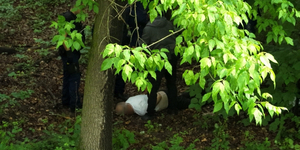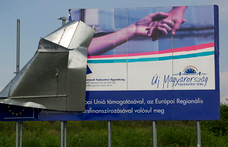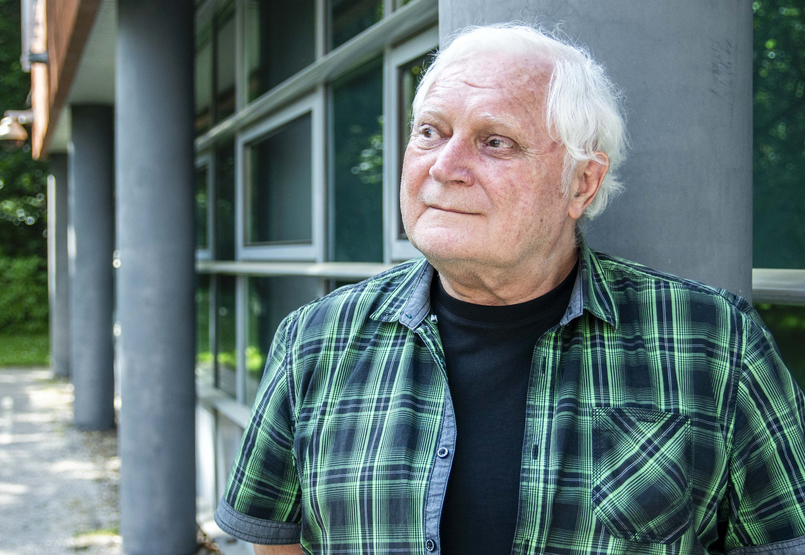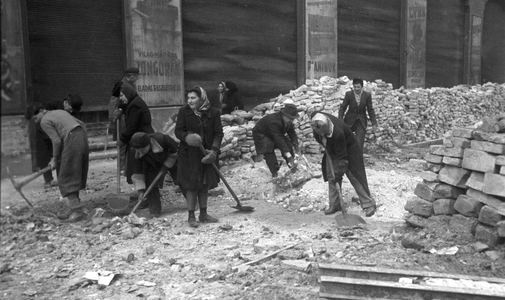On the minority councils
Tickets, please!
Almost everyone has a story about the ticket inspectors: people who were ordered off the vehicle or allowed to pass, inspectors who were obstructive or sympathetic, who were difficult with foreigners, or who kindly gave directions. HVG.hu travelled with the inspectors, on the trams, on the bus and on the metro.
Prosecuting the prosecutors
The head of the Fehergyarmat prosecutor's office has been arrested under suspicion of bribery in an investigation that has been partially classified a state secret. It has been decades since such a high-ranking justice official has ended up behind bars.
Seizing back 1956
It has been a long while since a new Hungarian play has stirred up such a storm. Andras Papp and Janos Terey's new play, Kazamatak is a harsh, brutal text. It is set on 30 October 1956 on Republic Square, when the Communist Party headquarters in Budapest were under siege. It is a precise, sharp performance for the fiftieth anniversary of the revolution, when both political sides are visibly planning to complete their shameful game of the last 15 years: finally cutting 1956 to pieces, squabbling over who owns the rights to it.
Hungarian Academy of Sciences
The president of the Hungarian Academy of Sciences and two former presidents have joined forces to make the case for lifelong and irrevocable membership of the Academy, and to argue that members should also receive a substantial honorarium, which should also last until the member dies. At the Opera, people are arguing about whether to revoke the public servant status of every last employee, ensuring that everyone be paid on the basis of their performance. However, the great scholarly body is behaving as if its most important job were to preserve its privileges.
"Viktor Orban will be appealing"
Tibor Navracsis, the 39-year-old new leader of the Fidesz benches believes Viktor Orban is needed to bring about necessary changes within Fidesz. The political scientist turned politician said that the party had sufficient reserves to do better in the autumn local elections.



















